Is your rental property working as hard as it could for you? As a landlord, you'll want to ensure that your investment is performing well and continues to make good business sense throughout the time you own it.
Homes often have hidden potential that, as well as unlocking more income, can substantially increase demand. And, as you'll discover, there are many more options than merely increasing the rent and hoping it works out.
If you own a rental property that's either empty or where your existing tenants are moving out, now is the perfect time to review your options. To see how your property could work harder and smarter, call for a chat or email the Athelstans team.
Meanwhile, let's take a look at five key areas affecting income, performance and profit to see if you recognise any opportunities for you.

Even when you have tenants, you’ll still have outgoings of some sort, whether a mortgage, insurance, ground rent or service charges. Finding opportunities to reduce them is an excellent way to bolster the foundations of your investment.
Look at any insurance policies you have, from buildings to contents to rent protection. Rather than wait until the renewal date, do an interim check to see if you can make savings. Often, the mere mention of switching to a different company can produce a discount from your existing provider.
If you’re paying monthly, you’ll probably only need to cancel your payments. If you’ve paid in full, many policies will offer you a pro-rata refund, but there may be an administration charge, so weigh up any costs of cancelling before hitting the button to switch.
Mortgages are usually the most significant monthly outgoing, which makes staying on top of rates your biggest savings opportunity. Again, take into account any early repayment and application charges, but if you’re on a regular variable rate, there’s probably a better deal out there.
Other refinancing options include remortgaging your primary home at a cheaper residential rate to pay off the more expensive buy-to-let loan. Or you could increase your buy-to-let mortgage payments now to take years off the repayment period, reducing your overall interest costs and freeing up more of your monthly profit much sooner.
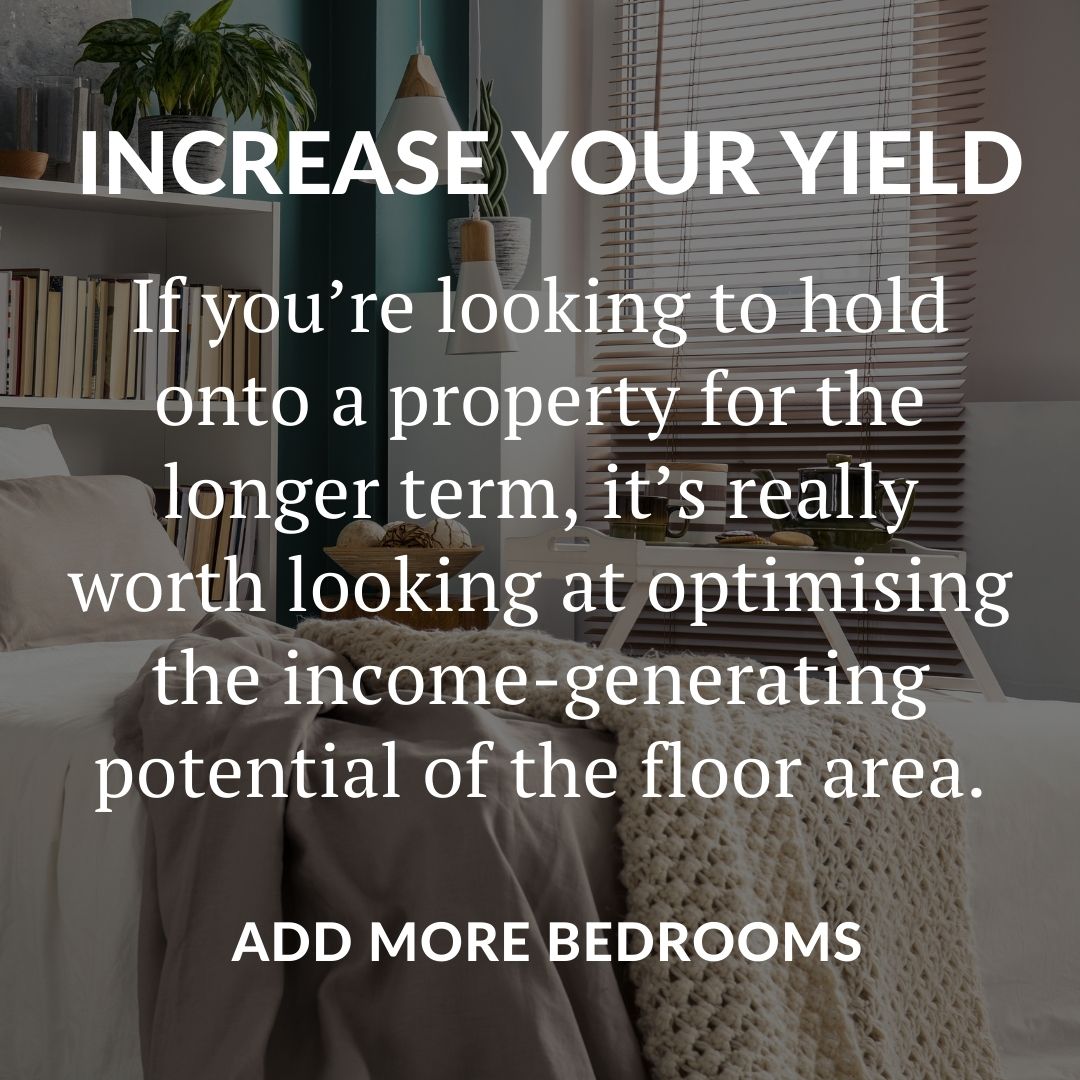
If you’re looking to hold a property for the longer term, it’s worth looking at whether you can optimise the income-generating potential of the floor area.
More bedrooms generally mean more rent, so if you have a loft, you might be able to get one or two extra bedrooms up there, along with a second bath or shower room. Loft conversions are often the easiest way to increase accommodation without complicated planning consents or compromising how the existing accommodation works.
Keeping within the existing floorplate, can you reconfigure the layout? If the kitchen and living room are close to each other but separate, could they be combined into a contemporary open-plan living space while freeing up the kitchen's old location to create an extra bedroom? Perhaps you can even install a breakfast bar to zone the kitchen and living areas while providing a social connection and a place to eat.
To make the redesigned living space feel bigger, blend the kitchen into the background using the same colour for the cupboards and the wall. Remember that the room needs to be large enough to cope with the extra people living in the property: you won't get the best return on your investment if the result feels like profiteering or a compromise.
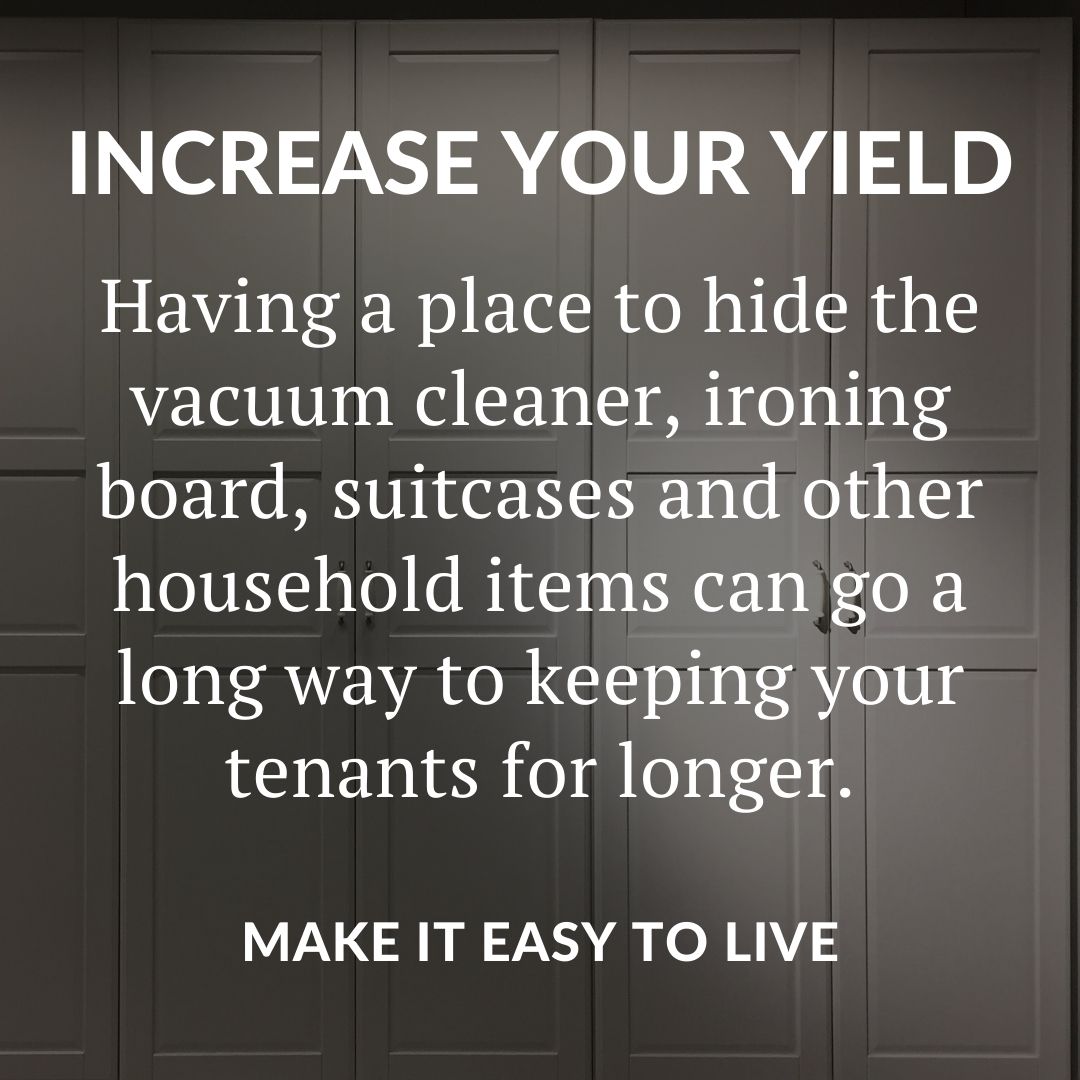
The longevity of tenancies and reduced void periods are crucial factors in the yield you achieve. Very often, it all comes down to how easy it is to live somewhere, so look around for any potential areas of difficulty or dissatisfaction.
Seemingly trivial issues like having a place for the vacuum cleaner, ironing board, suitcases and other household items that don’t belong on display can go a long way to keeping your tenants for longer.
With nowhere to hide things away, a home can feel temporary, as though someone isn't planning to stay for long. And that could well come true if your tenants never feel quite settled or comfortable.
Even a cabinet in the bathroom - mirror-fronted above the basin if you're stuck for space - can avoid an overcrowded mess of bottles, pots and toiletries bags that gathers dust and looks unsightly.
Very simply: think about how people really live and what they really need.
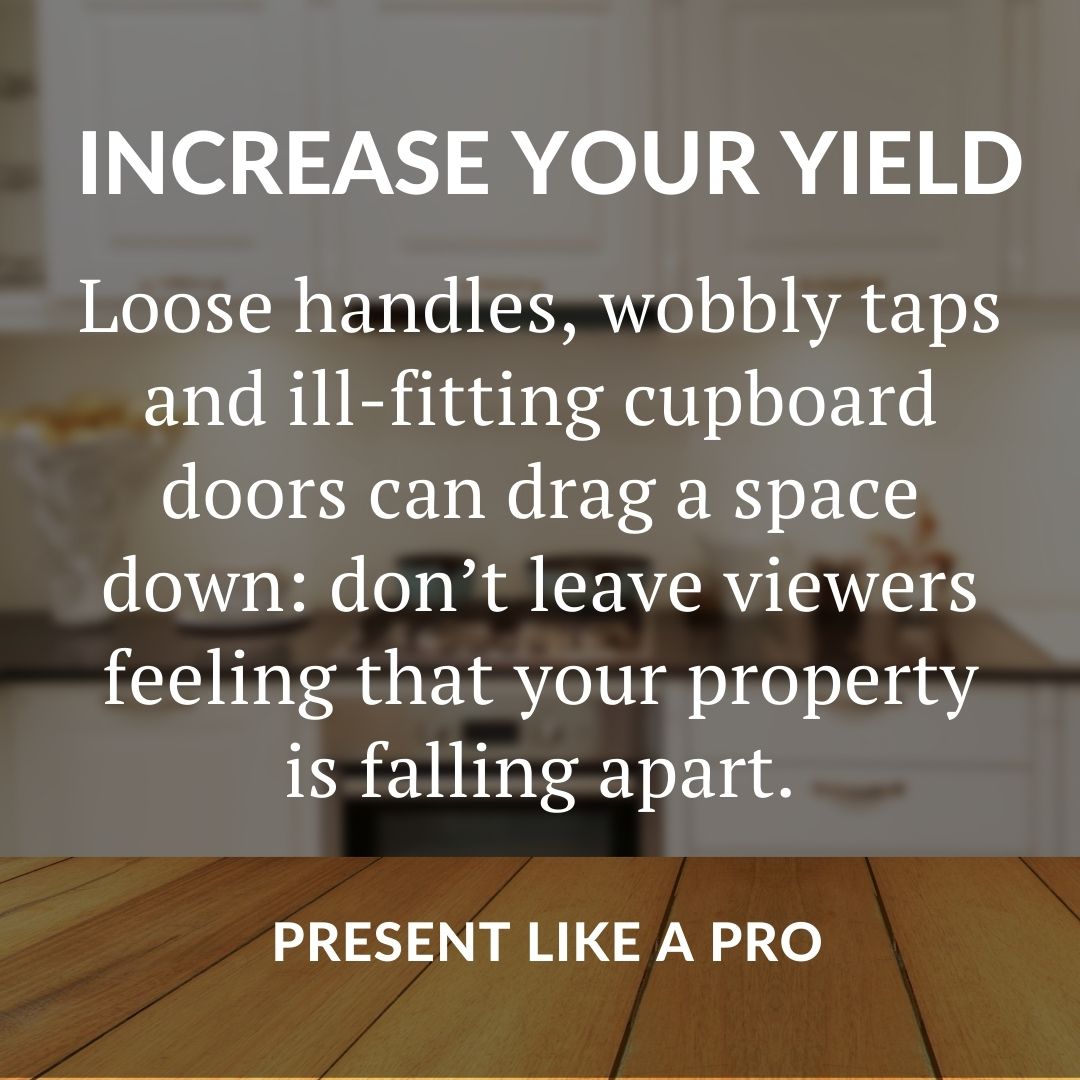
Rental homes can be at a disadvantage if they're empty when photographed and viewed. Every last detail comes into sharp relief when there’s no furniture, textiles, gadgets or accessories to create a sense of home.
So it’s vital that everything looks great. If the walls and woodwork are looking tired, attend to scuffs, chips, and picture marks. If they won’t clean off, a fresh coat of paint can be a real lift and excite potential tenants with the prospect of moving into a freshly-decorated home.
Loose handles, wobbly taps and ill-fitting cupboard doors can also drag a space down, so don’t leave viewers with the impression that your property is falling apart. Things can come loose over time, but it doesn’t necessarily mean that everything needs replacing. Simple handyman tasks like these, along with grout and sealant in kitchens and bathrooms, are easy to fix and work wonders for first impressions.
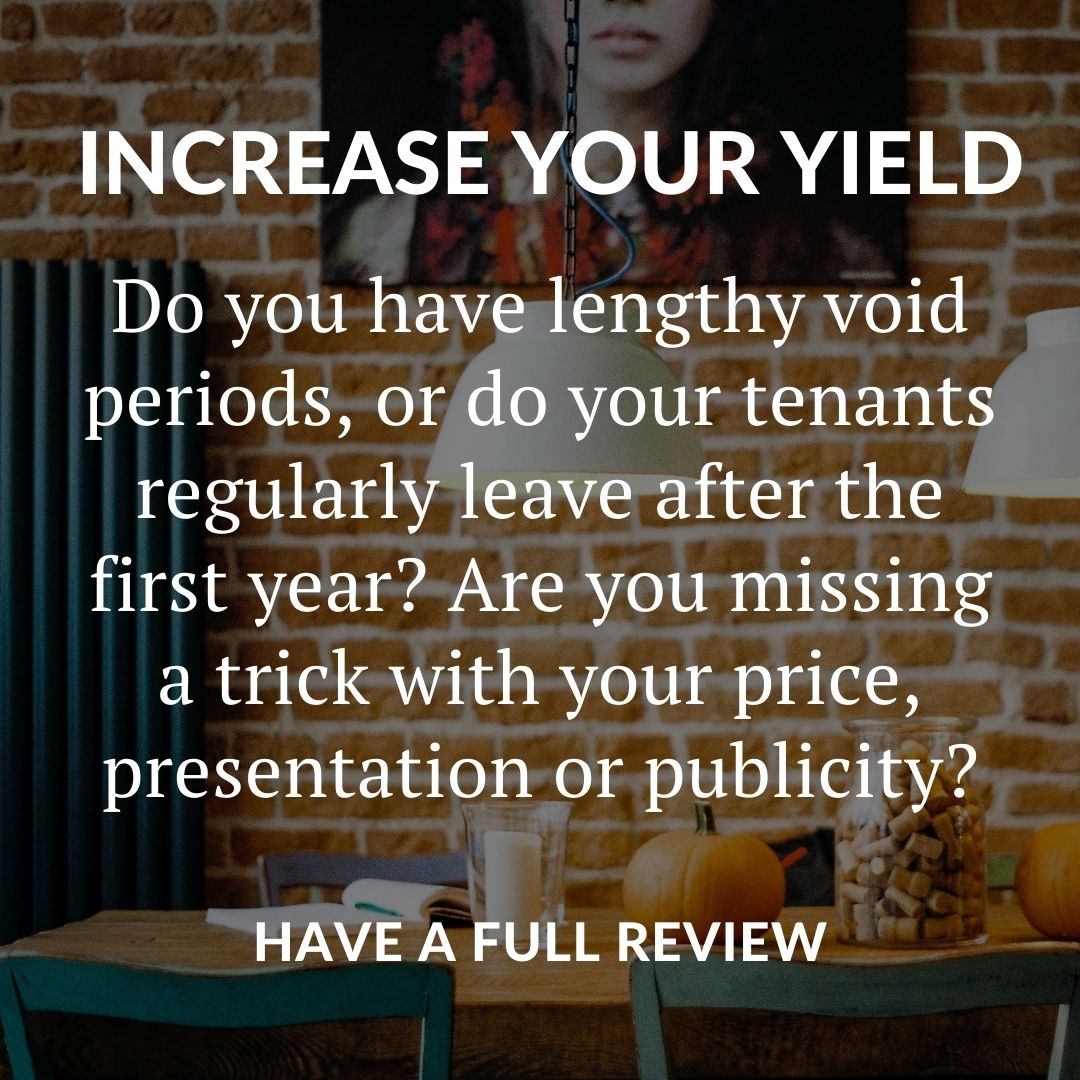
If you’re using a managing agent, they should be updating you at regular intervals. If you're self-managing, here are some things to review to maintain your property's performance.
Occupancy: Do you have lengthy void periods, or do your tenants regularly leave after the first year? What could be wrong? Look back over the other sections in this blog to see if you're missing a trick with your presentation, price or publicity.
Rent: are you in line with the current market? Too high and you'll have no interest; too low and your yield will drop. Rents can fluctuate, and it's not unknown for tenants to find a cheaper option and give notice before their landlord has the opportunity to strike a new deal, so it's important to pre-empt unnecessary changeovers and loss of income.
Your agent: If you’re using an agent and you're not happy with the results, take a look at how your property is being marketed and managed. You should feel in good hands at all times and confident that your interests are being served and protected. Are there areas that could improve? Can those be achieved with your current agent, or is it time to switch?
Ownership: there may be a better investment out there. Maybe your property needs a new kitchen or bathroom, but you don't want the expense, or perhaps the service charges eat too far into the rent. It's always worth asking yourself the question: is your property becoming too much work, and will your money do better in another buy-to-let?
In summary
Every property will have opportunities for improved performance, but not every expense is justified in every home. It's essential to match your spend to your market and to avoid over-improving or wasting your money.
If you're a landlord with a rental property, don't commit to anything major before talking to us! Call for a chat on or email us: we'd love to help you realise the full potential of your investment.


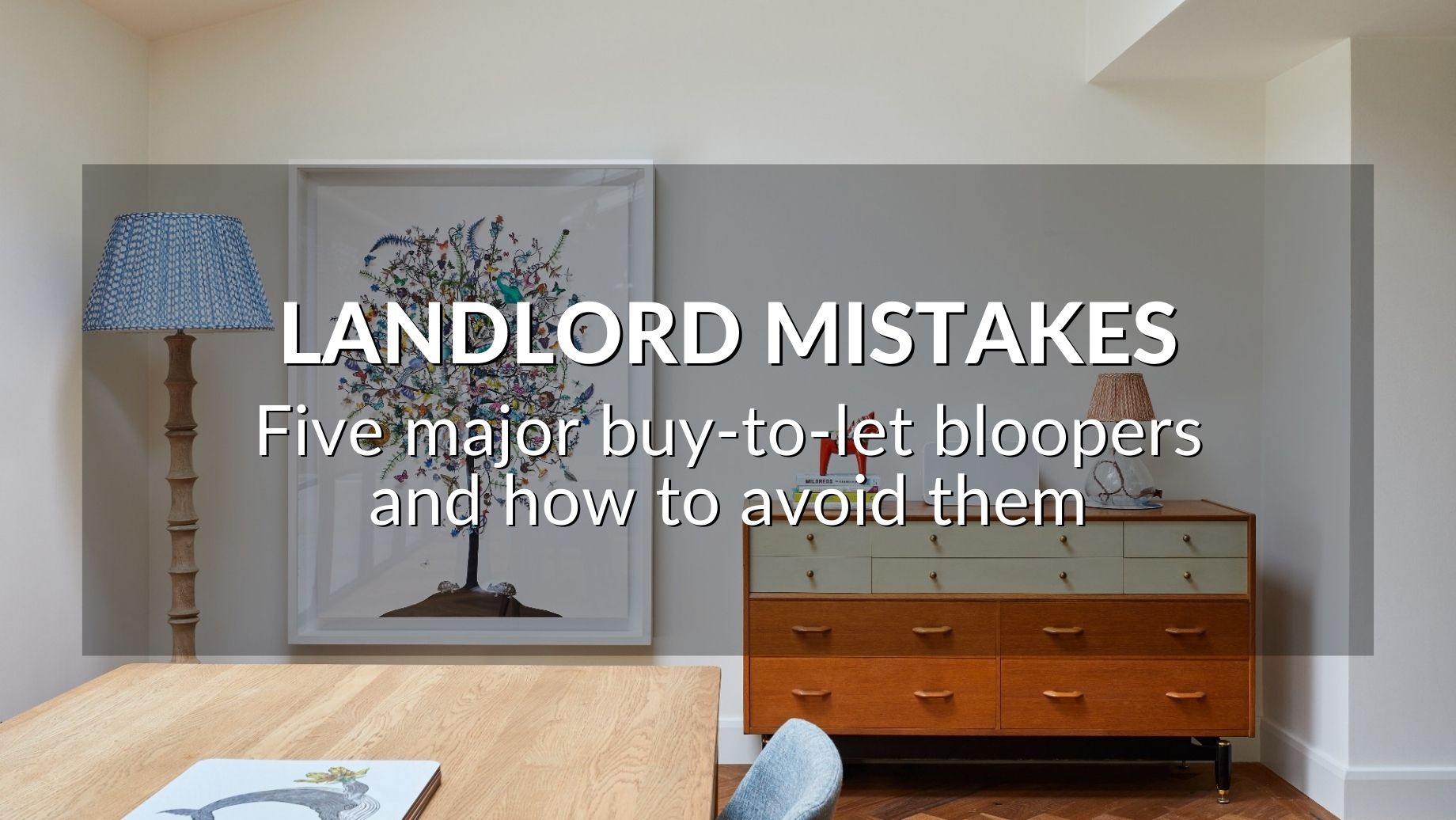
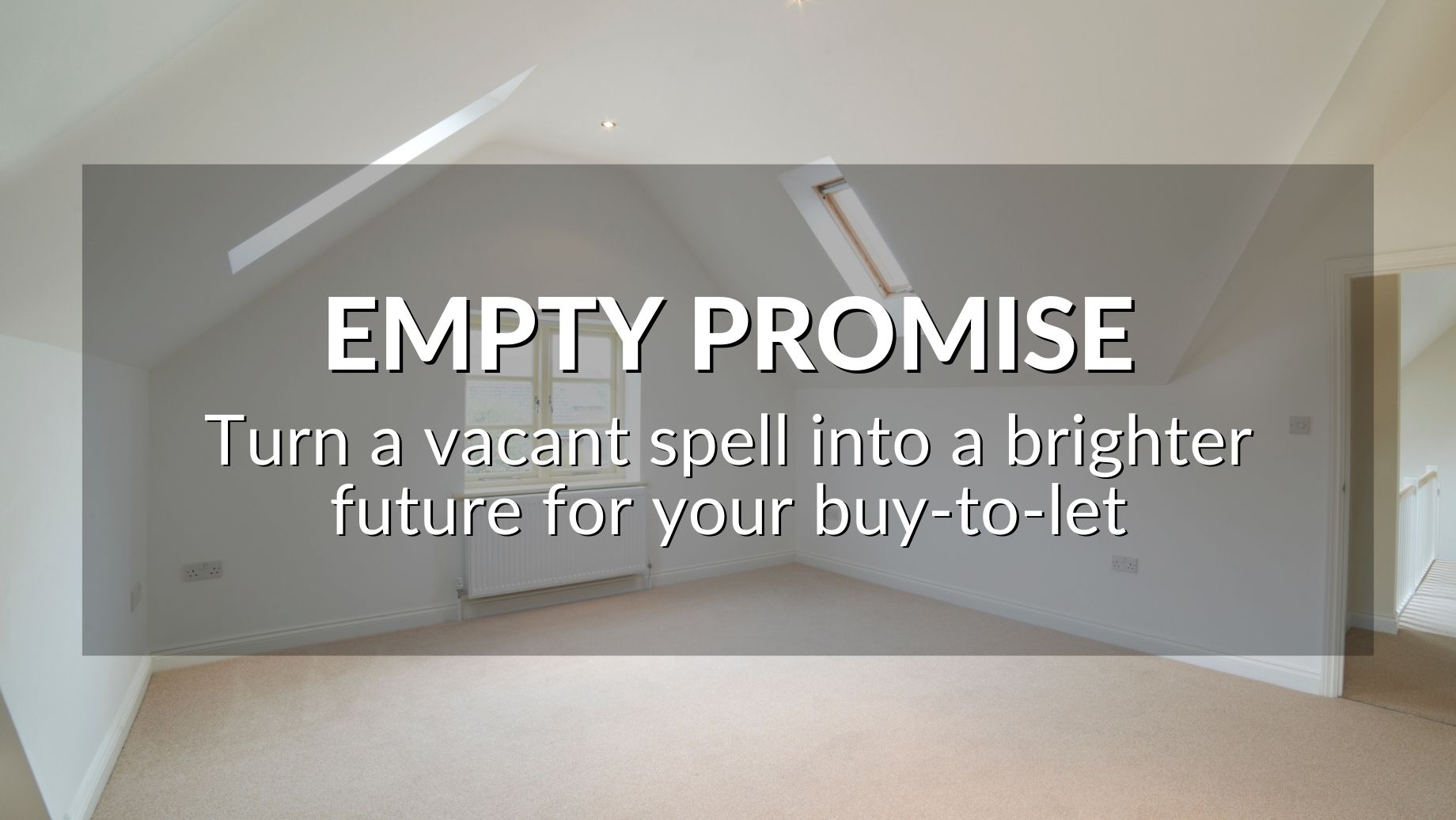
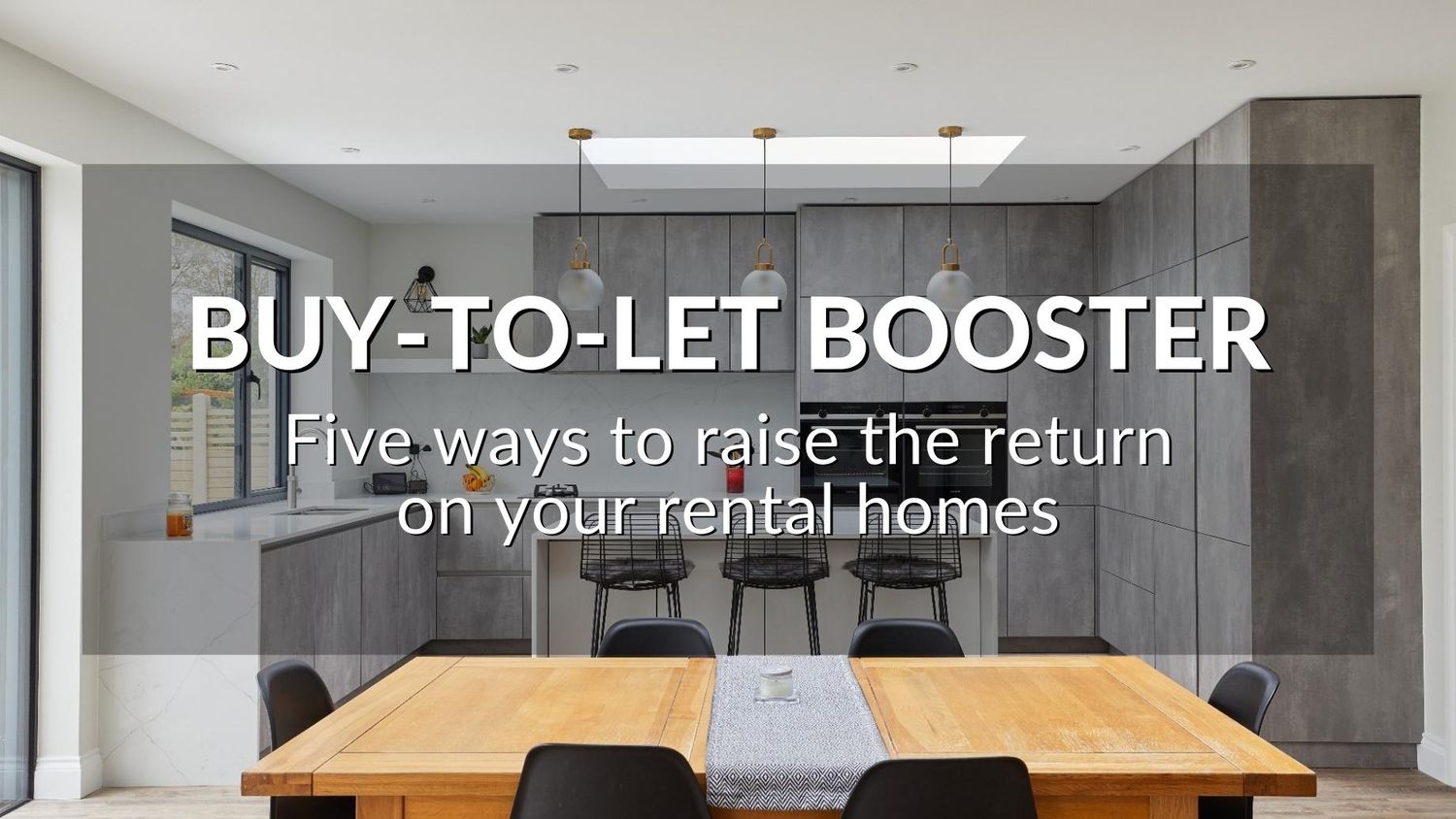
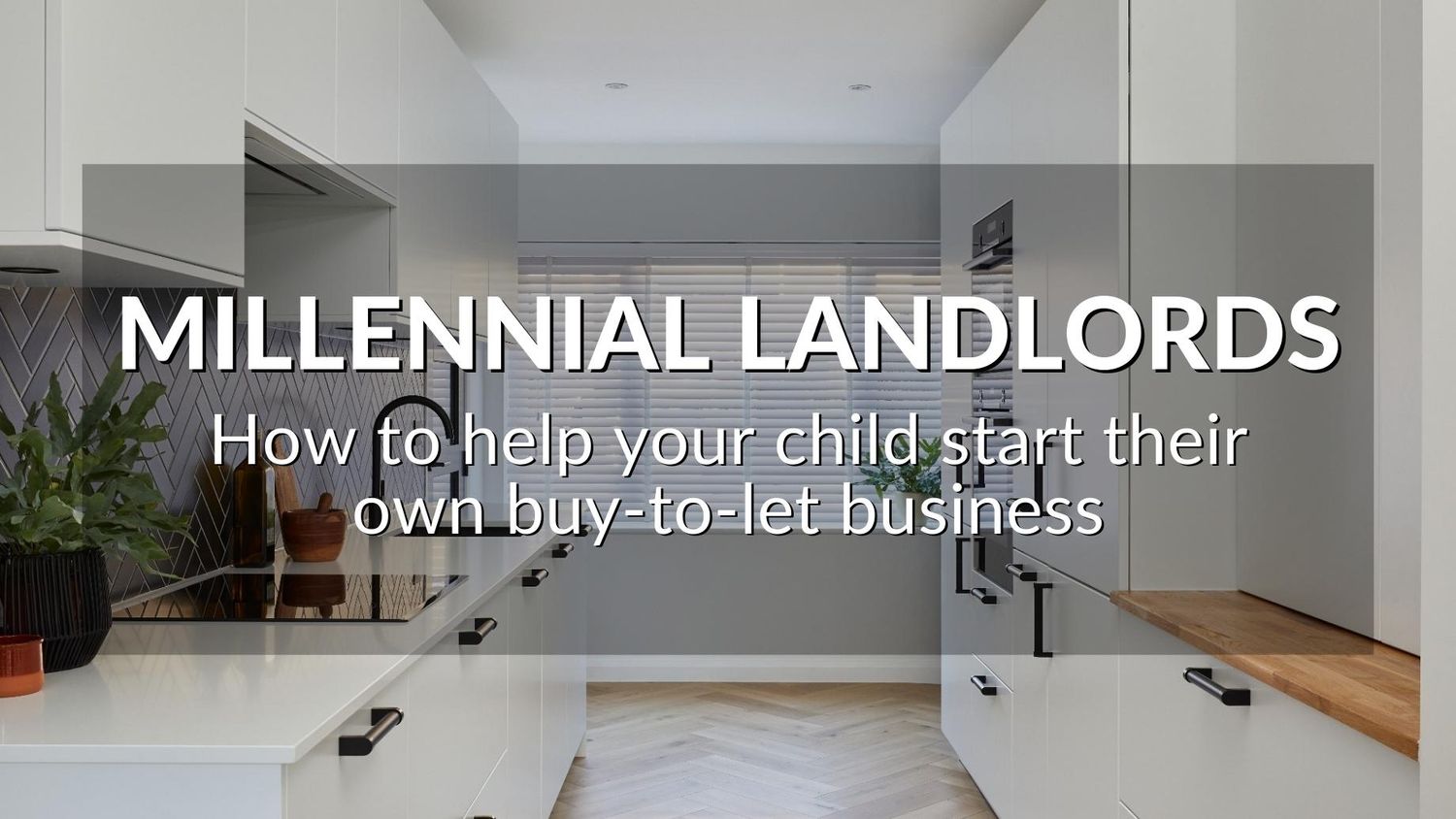
Share this with
Email
Facebook
Messenger
Twitter
Pinterest
LinkedIn
Copy this link